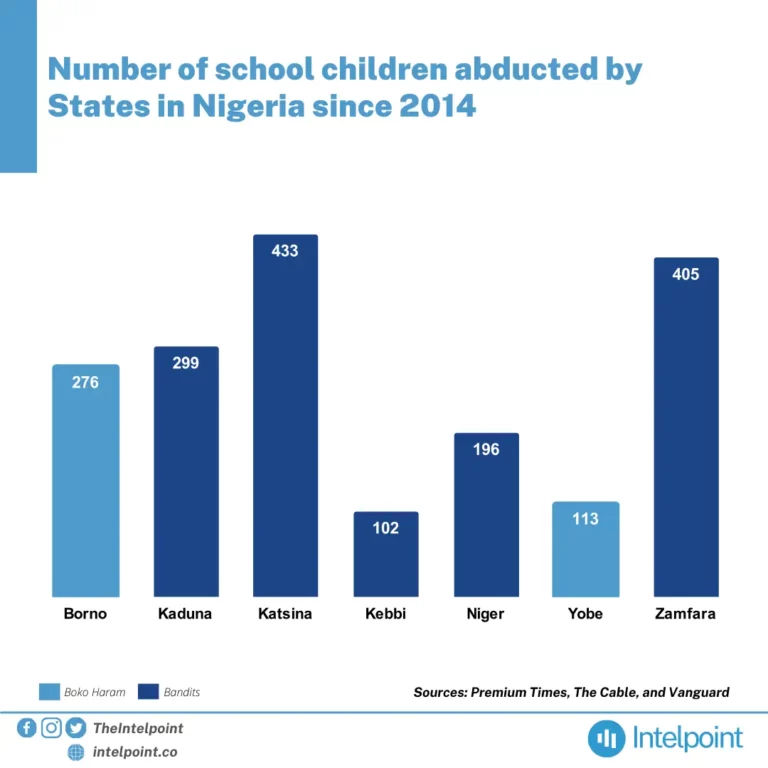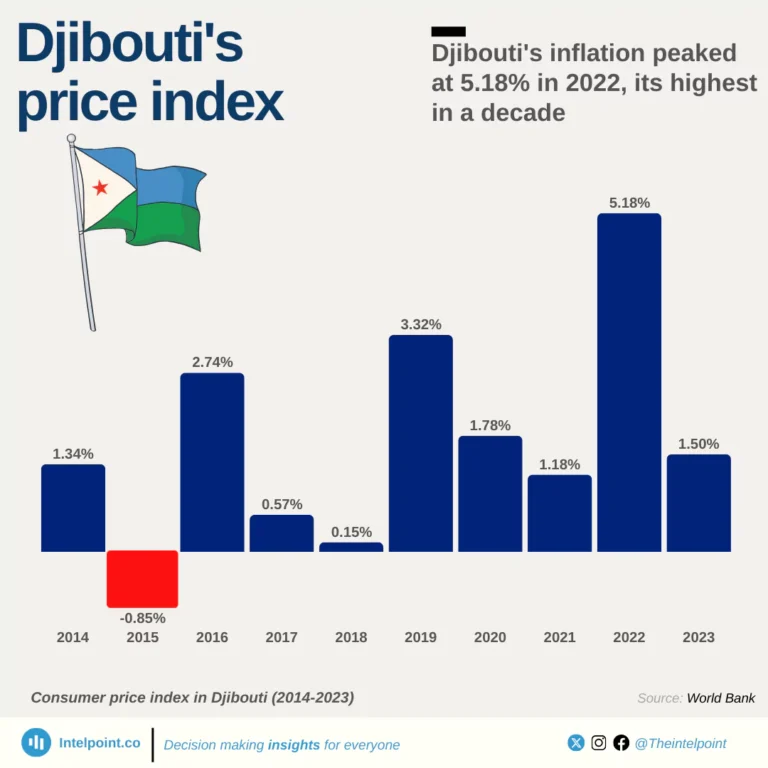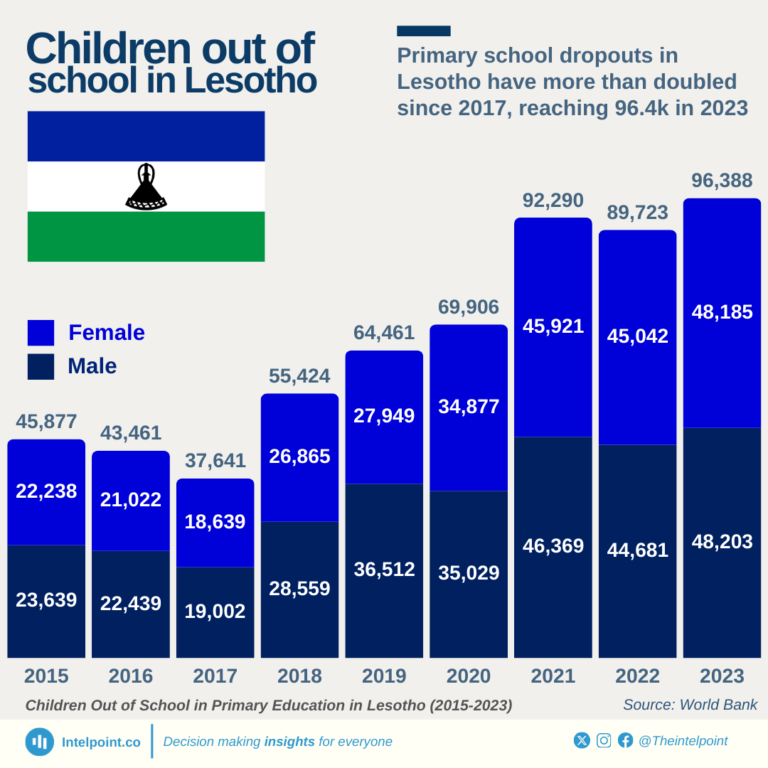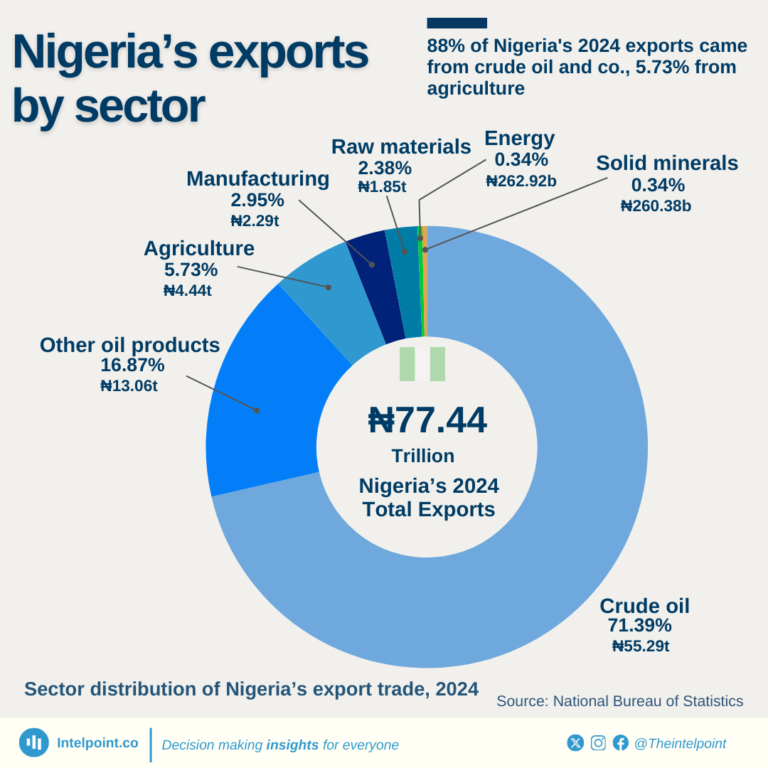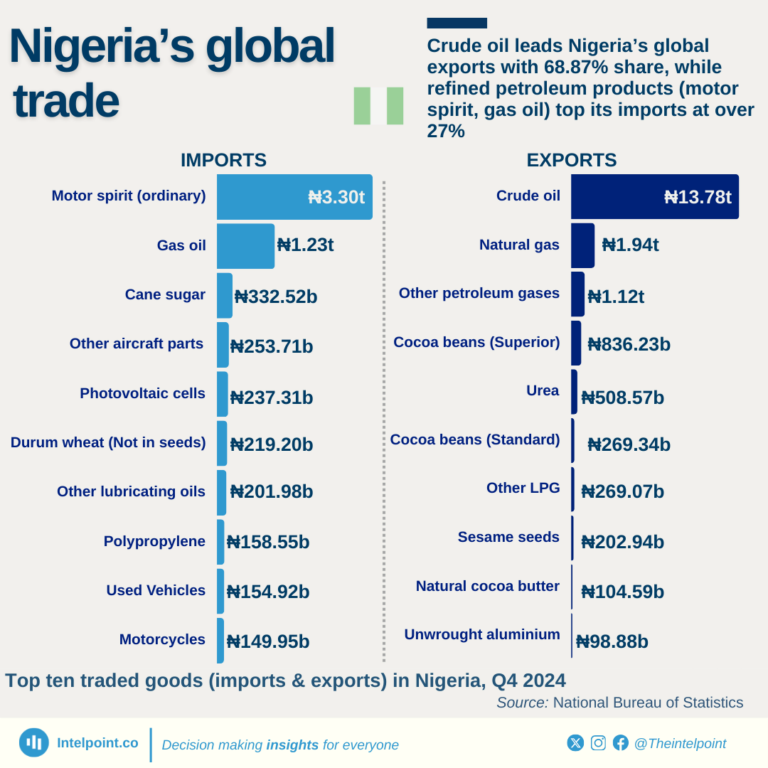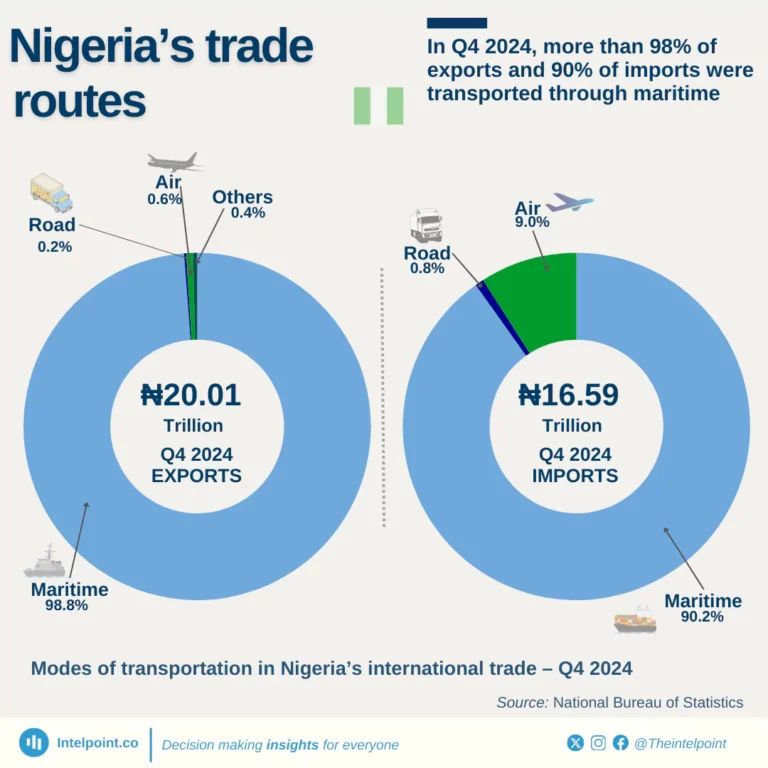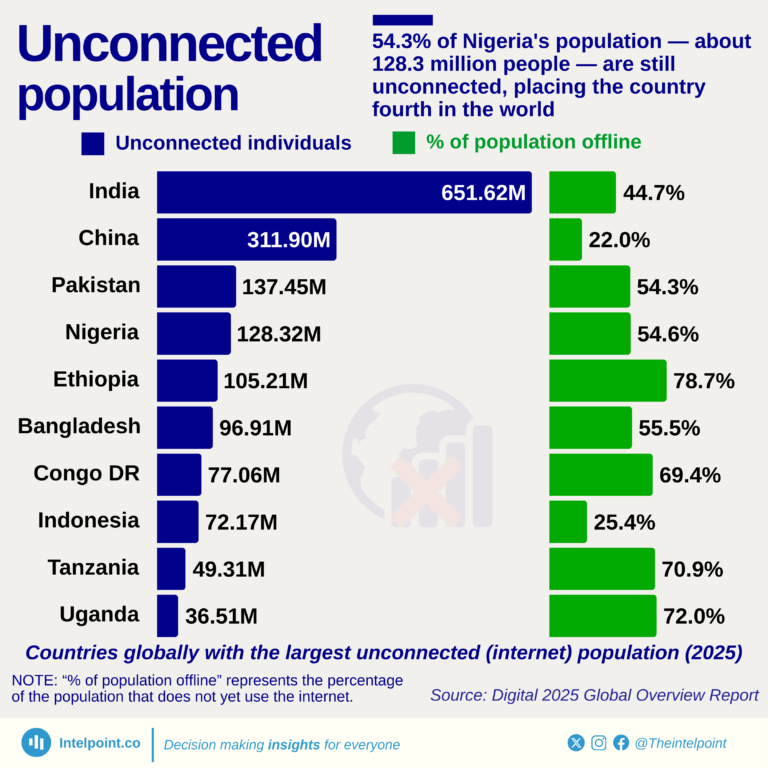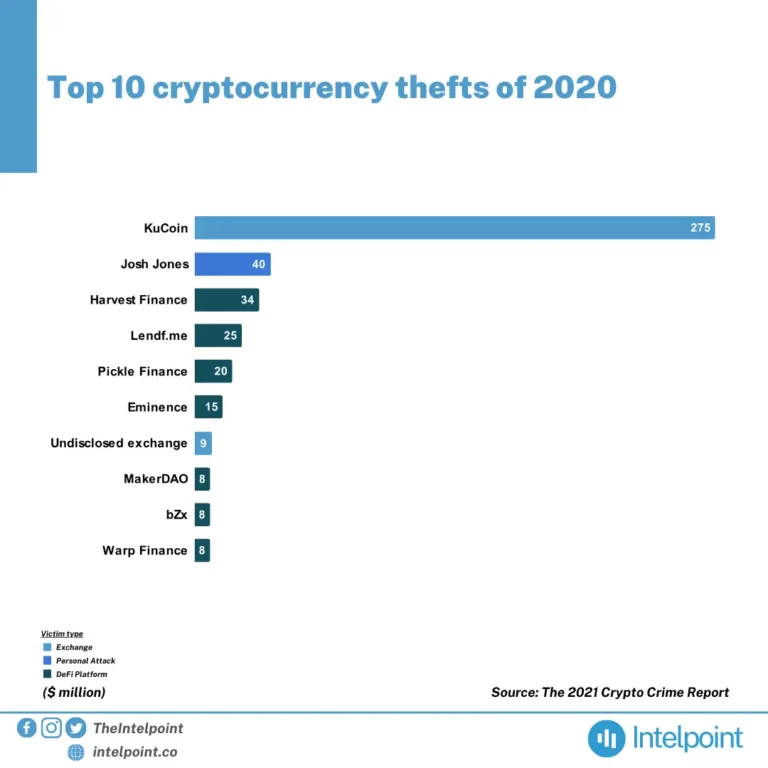
According to Chainalysis, over $520 million worth of cryptocurrency was stolen from services and individuals through hacks and non-technical attacks like social engineering and phishing efforts in 2020.
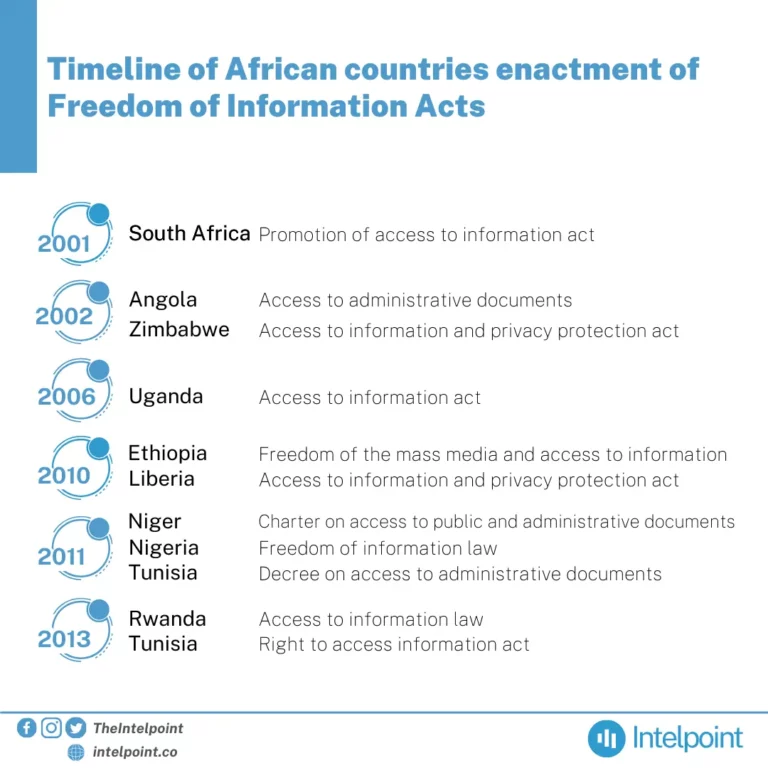
As of 2021, only 10 African countries have enacted a Freedom of Information (FOI) Act with three of these countries enacting theirs in 2011. South Africa was the first country on the continent to enact a FOI act in 2001.
